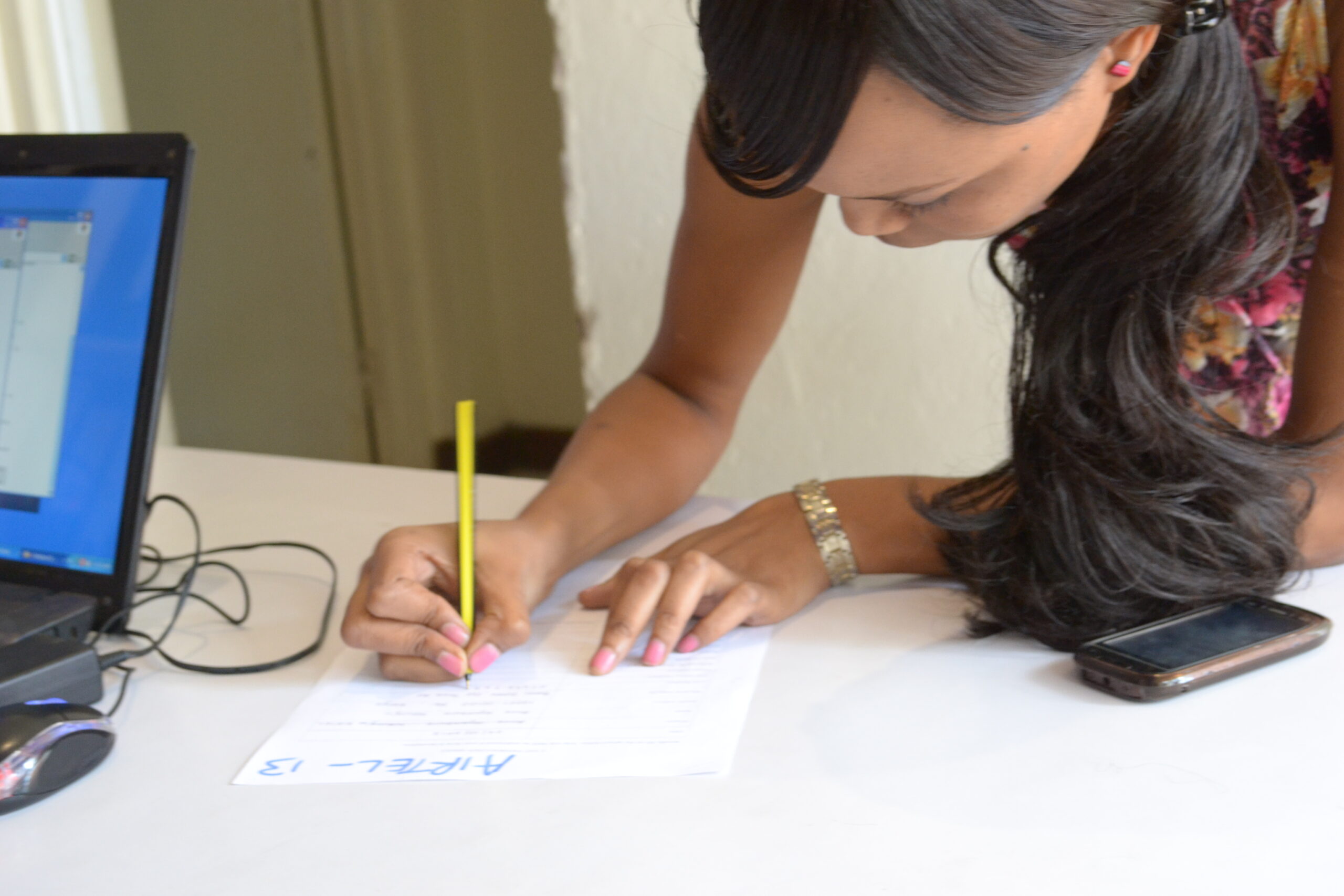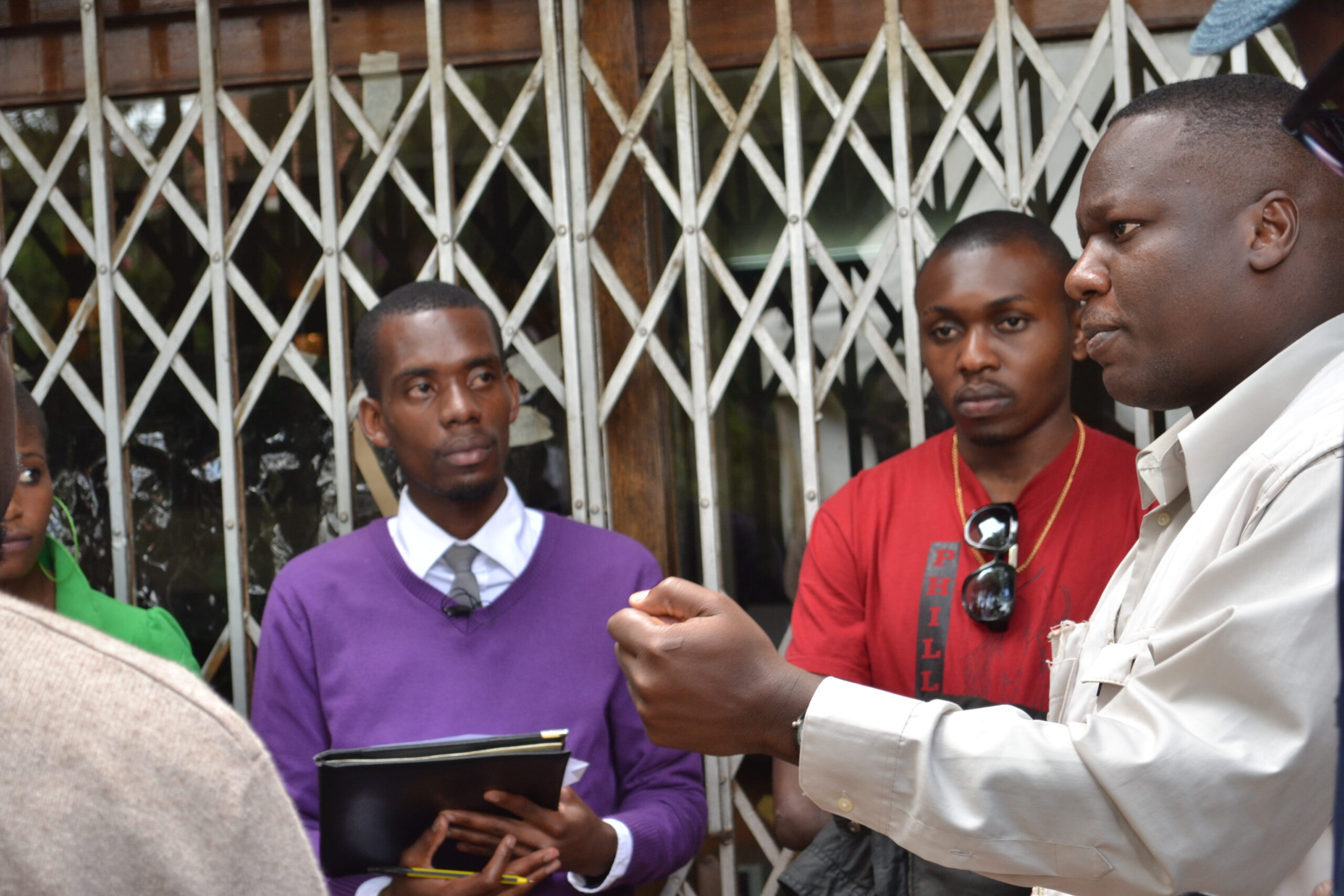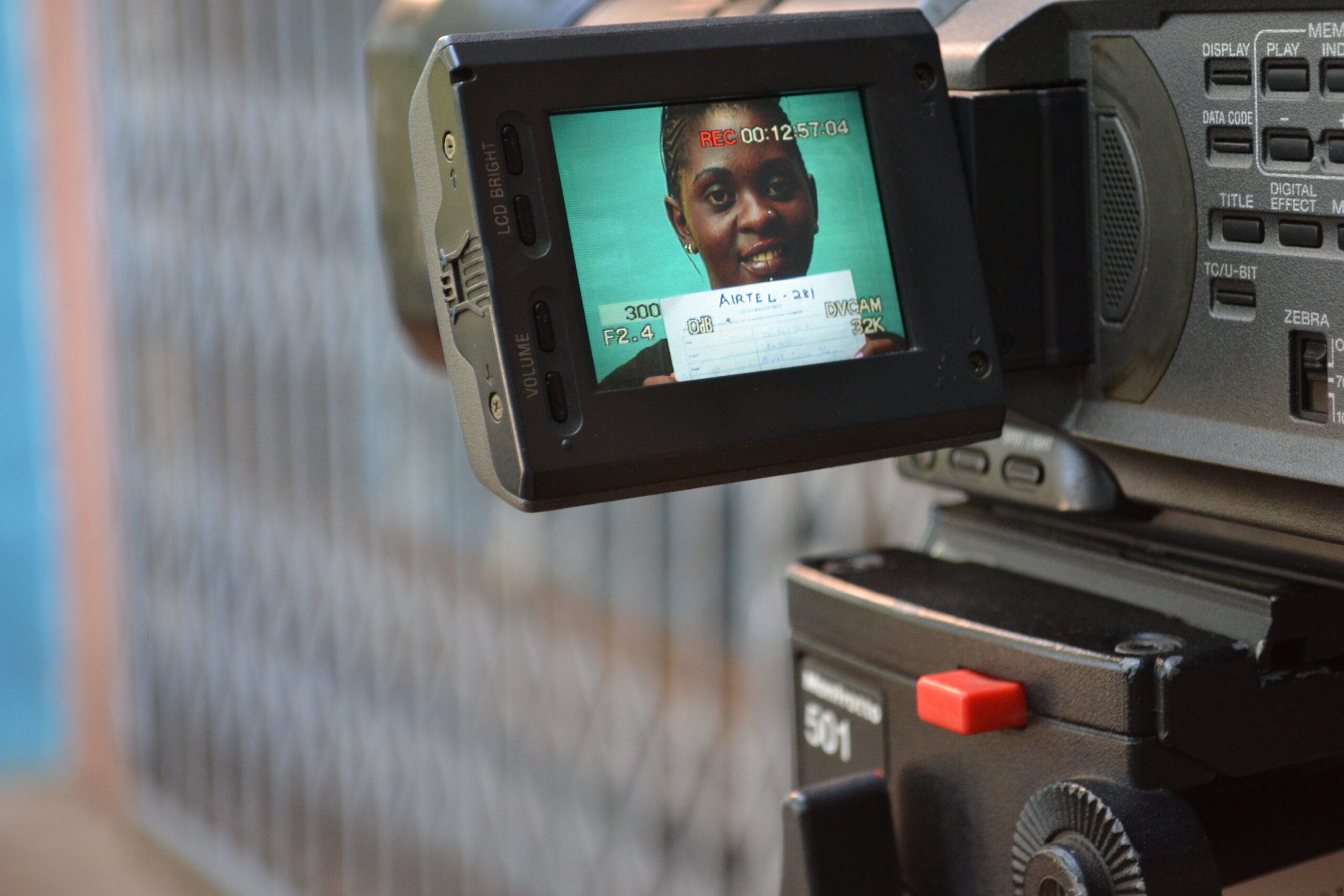Auditions Guidelines
An audition is the doorway to being cast in a role. Auditions are primarily there so that your possible future employer can let you show him (or her) your skills and talents.
It takes just seconds for someone to form an opinion about you based on first impressions. As an actor or actress attending an audition there are several crucial pointers to creating that lasting first impression.
What to expect at auditions:
- Expect to see a sign-up sheet (casting sheet) when you arrive. Make sure you complete it, including the name of your casting agent.
- If there is a script for the audition, you are expected to know your lines and will be given around two minutes to complete it in front of the casting agent/director.
- If you are called to 'slate', this means you are to give your name, contact details and agents details (if applicable) in front of the camera before your performance. Ensure you look directly at the camera when doing so, and lead directly into your performance when you are finished 'slating'.
Do's and Don'ts of an Audition
-
Dress Appropriately: Usually, it is best to wear “business casual” attire. As a rule of the thumb, Dress for the part you are auditioning; you may not be given time to change clothes. If you are uncertain about the role you are auditioning, call ahead of time and get the correct briefing.
-
Keep Time: Always make an effort to arrive at the audition venue on time. Be Professional! Show the casting director how reliable you are by showing up at least fifteen minutes before the audition. Give yourself ample time to settle down and calm your nerves because auditions can be nerve wrecking. Once at the venue, try to gather as much information as possible about proceedings and pay close attention to any pre-audition briefing that may be given by the casting director.
-
Know Your Stuff: If you are auditioning for a TVC, or for the role of a hospitality model (usher/hostess) get acquainted with the product or subject of the commercial and/or event way ahead of the audition. Make a habit of watching other TVC's regularly even when you're not on audition just to give you a rough idea of how things work.
-
Enter with confidence: Believe it or not, the way you walk on stage can either make a great impression on the director, or a very bad one. Keep good posture (shoulders back!), your chin at a natural level, don't stare at the floor.
-
Don't Apologize: This goes along with having confidence. Never say you don’t know a anything relating to the audition when asked; that you’re not a good actor or that you're not in good voice today, etc., etc. Because what that really says about you is that you don't care enough about your craft—or about their show—to prepare properly.
-
Be Friendly: You don’t want to be overly talkative (auditions may or may not take a long time, and everyone wants to be done as soon as possible), but you shouldn’t be anti-social, either. Smile and be personable. The director wants to know he'll be spending the next few days, months (or weeks or year) with someone that is easy to get along with. Although you want to be friendly with the other auditionees, avoid conversation in the auditioning room, and don’t get so engrossed in chit–chat that you end up having no time to center yourself and concentrate before you audition.
MOST IMPORTANTLY: Do not try to gain unfair advantage by bribing or asking a crew member to put in a good word for you with the casting director. This only singles you out and puts a negative focus on you, which could very well ruin your career.












